Savables is a startup that originally started as CleverEat and was a participant in Innovation Labs pre-accelerator in Romania. They were later accepted into the Startup Wise Guys accelerator in Estonia, received 80,000 euros of investment and went through a rebranding.
Savables wants to reduce food waste by offering users discounted menus from partner restaurants. Menus are uploaded to the platform if they expire soon and can be purchased by users if they come to that restaurant or fast food. We talked with Rareș Mară about Savables and the road ahead.
I spoke with Rareș Mară at the end of November 2022, on a sunny day in Timișoara. Savables changed because they thought it was a better name for more areas, not just food, but also because they discovered it was a name also used by a possible international competitor. "We launched the website, we have the digital product where customers can buy surplus food from restaurants and we have already gone through the rebranding process", explains Rareș Mară, CEO and co-founder of Savables. Thus, this moment is like a restart for the company.
Before launching the site, Rareș and his team built a community on Facebook,, where they gathered more than 12,000 people. "In November we reached 12 restaurants that we work with in Timișoara, but we have already passed over 20 restaurants and we have 1,000 users on the website who can purchase food", says Rareș Mară. In the 2 months since they opened the startup, they have managed to save over 700 portions of food in Timișoara and are also looking to expand to other cities.
On the Savables website, restaurants list the dishes they have on offer, with their price and the discount compared to the original price. It's like a flash sale in the supermarket.
As a user, you enter the site, create an account and choose your favorite products. "After you've made your reservation and paid online with your card, you go and pick up the food in the time slot set by the restaurant", Rareș explains. Basically, if you're at college or at work, you can reserve something and pick up the dish on your way home.
End users get good discounts on food, useful especially in this period of inflation, but also helps to reduce food waste. And for restaurants, it's a way to reduce losses. "We keep a commission for each order, which we negotiate with the restaurants. The restaurants pay us as much as they sell," says Rareș Mară.
In addition to restaurants, the starting point of the startup, the founders are also looking at other areas. They will start with the Western area and towards the big cities in the country in 2023. But there are also international plans. Beyond the expansion in Timișoara, they do not want to stay at restaurants, Savables addressing several industries.
"We even worked in Timișoara for a test period with a craft brewery. If it was getting close to its expiration date, they could sell it at a reduced price on our website," explains Rareș Mară. Thus, Savables looks towards listing products that have a relatively short shelf life and can be easily sold with the help of the site.
If now it is a traditional B2C service, like a kind of Glovo-type app for food, Savables is also looking towards a B2B area. "We are in the moment of consolidating and solidifying the relationship with the restaurants. But we are also looking at partnerships with companies that can purchase larger packages from restaurants on the platform for their employees," explains the founder of Savables.
At the moment Savables only works by picking up food from restaurants. Moreover, it is very difficult to implement a model with delivery, like Glovo or Tazz, because it would increase costs, and the attempts of other international companies have failed.
Savables was confirmed as a project with potential by the Startup Wise Guys accelerator in Estonia, where they were welcomed into the sustainability cohort. They also participated in the BlackSea ClimAccelerator in Romania.
"It helped us a lot through the investment they made, 80,000 euros when you are accepted into the accelerator. It helps us a lot to understand the culture of an organization, how to attract people and that is why we have reached a team of 5 people today. It was a very applied business school", says Rareș Mară.
Startup Wise Guys also helps them see other international markets, including the Baltics, he says. And going through BlackSea Clim later helped them because they already had a finished product.
How can you make the business model work?
This business model, where you become a platform for selling expiring food, has been tried before. And it's extremely difficult, because you have a limited amount of time at your disposal, you have to match supply and demand, and commissions can be small.
The market somehow already exists. Tons of food are thrown away every day. 73% of restaurants say they suffer from food waste and throw away a lot at the end of the day, no matter how hard they try to match supply with demand.
The target for Savables is to have 1,000 restaurants and 220,000 portions of food sold in 2024. It is also looking at international models for this. Their biggest competitors are already in 16 countries, but Eastern Europe is still unexplored space. But the difficulties exist. "Now there are no more restrictions, so it's helpful. But we also have to convince the restaurants to trust us, as well as the customers to purchase safely", says Mară. So its goal is to validate the model with several restaurants, and the end customer will be satisfied if he has diversified offers.
When it comes to the public who would use Savables, beyond the environmental impact, most people look at the financial benefits.
"Most people come to us because the prices are very good. Most of the audience is made up of students, but there are also adults with families who maybe go to the gym in the evening after work and want something quick to eat. It's a market made up of active people, who have worked around town", explains Rareș.
For 2023, Savables wants to raise a round of 250,000 euros and grow nationally, but now the goal is to validate the model in Timișoara and in the cities of the West.
 Vlad Andriescu
Vlad Andriescu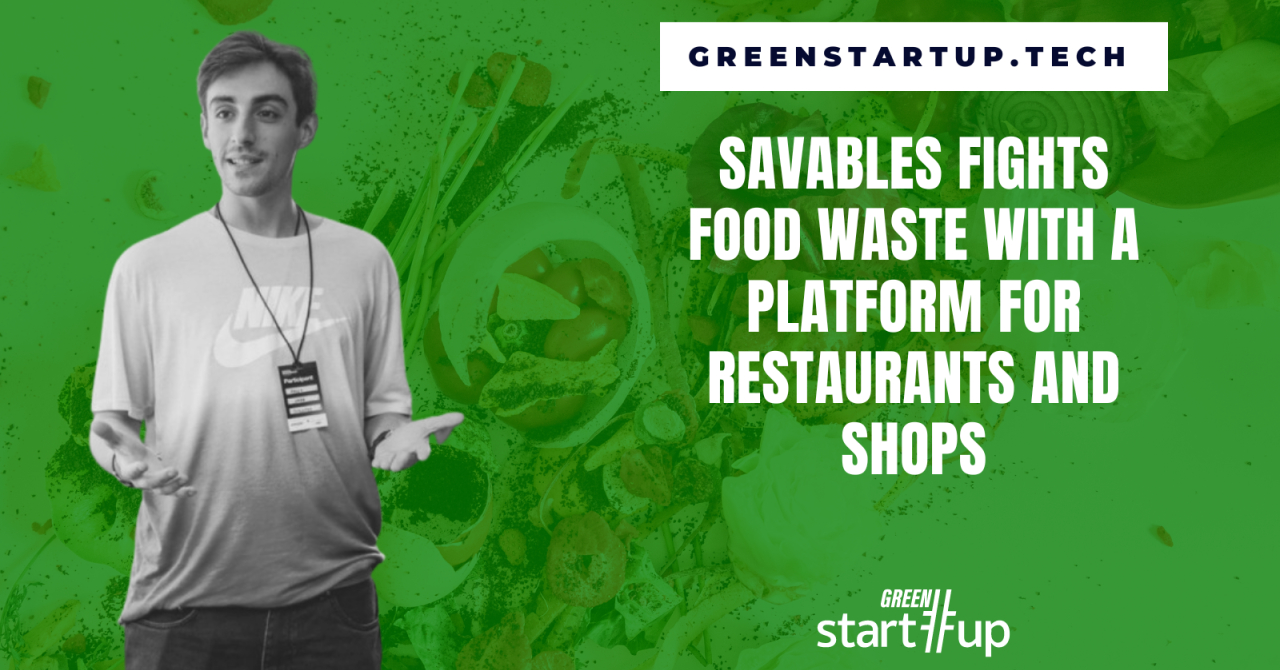
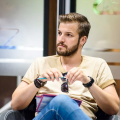
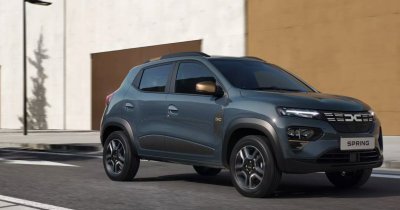
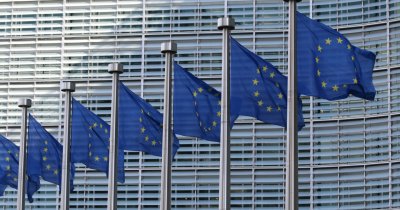
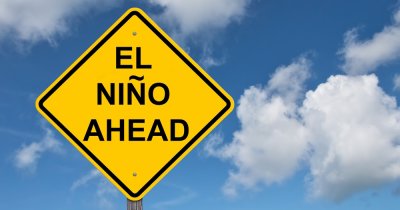








Any thoughts?